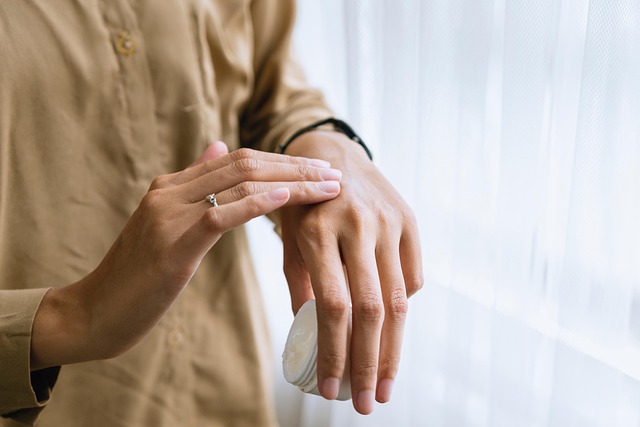Anxiety: The Silent Epidemic of the Modern Age
Anxiety, an emotion characterized by feelings of tension, worried thoughts, and physical changes like increased blood pressure, has been part of human existence since the dawn of time. Our primitive ancestors experienced anxiety as a survival mechanism, a response to imminent danger that triggered fight-or-flight responses. However, the sources of anxiety have drastically shifted over time. In the modern world, anxiety often stems from work pressure, financial worries, health issues, and relationship troubles rather than from immediate physical threats.
The Rise of Anxiety in the 21st Century
As we navigate the 21st century, anxiety has become an alarmingly common phenomenon. The World Health Organization (WHO) reported that anxiety disorders are the most common mental disorders worldwide, with specific phobia, major depressive disorder, and social phobia being the most common anxiety disorders. This rise in anxiety rates may be attributed to many factors, including increased awareness and understanding of the disorder, societal and economic changes, and the pressures and complexities of modern life.
Understanding the Impact of Anxiety
The impact of anxiety is far-reaching and can significantly affect the quality of life. It can lead to physical symptoms such as headaches, insomnia, and digestive problems, while mentally, it can cause restlessness, difficulty focusing, and a constant sense of impending doom. Over time, chronic anxiety can lead to more severe mental health conditions, including depression and panic disorder.
The effects of anxiety also extend to societal and economic levels. Workers suffering from anxiety often report lower productivity and job satisfaction, impacting overall economic output. Moreover, the costs associated with healthcare, medication, and therapy for anxiety disorders place a significant burden on healthcare systems worldwide.
The Reception and Response to Anxiety
Societal attitudes towards anxiety have evolved significantly over time. Historically, mental health issues such as anxiety were stigmatized and misunderstood, often leading to sufferers being shunned or marginalized. However, in recent years there has been a growing recognition of anxiety as a legitimate and widespread health issue.
This shift in perception has led to increased research into anxiety disorders, resulting in better diagnostic tools and more effective treatments. Cognitive-Behavioral Therapy (CBT), for example, has been shown to be particularly effective in treating anxiety disorders by helping individuals recognize and change thought patterns that lead to anxious feelings.
Despite the progress, there remains a significant gap in access to treatment for many suffering from anxiety, particularly in lower-income countries and communities. Efforts are ongoing to increase access to mental health services and reduce the stigma associated with seeking help.
Current Trends and Future Directions in Anxiety Research
Current research on anxiety is multifaceted and wide-ranging. One noteworthy trend is the exploration of the relationship between gut health and anxiety, with several studies suggesting that the microbiome—the community of microorganisms in the gut—may influence mental health.
Another promising area of research is the use of technology in anxiety management. Apps that offer mindfulness exercises, guided meditation, and CBT techniques provide accessible and affordable tools for managing anxiety.
Looking forward, it is clear that understanding and addressing anxiety will remain a critical aspect of global health. As our world continues to change and evolve, so too will the sources and triggers of anxiety, necessitating ongoing research and flexible, adaptive responses.
Towards a More Mindful Society
Anxiety is a silent epidemic, a byproduct of our complex, fast-paced modern life. While we have made significant strides in understanding and treating anxiety, much work remains. As we continue to explore the root causes and potential treatments for this pervasive condition, it is crucial that we foster a society that is compassionate and understanding towards those who are struggling.
By recognizing anxiety as a legitimate and widespread health issue, we can work towards creating a future where everyone—regardless of their mental health status—feels heard, understood, and supported. The journey to understanding and managing anxiety is a collective one, and it is a journey that we must embark on together.







